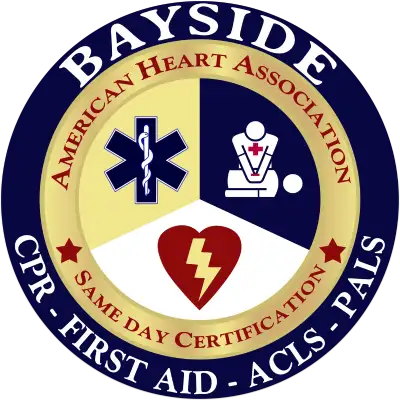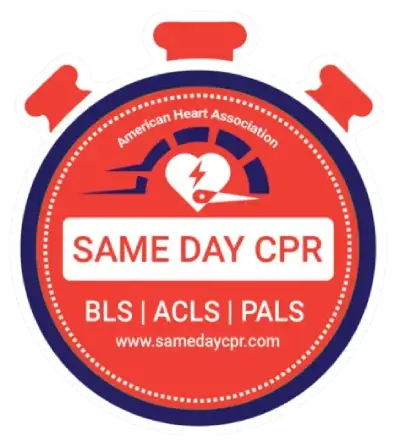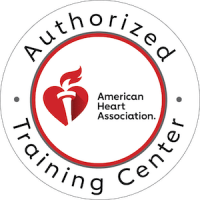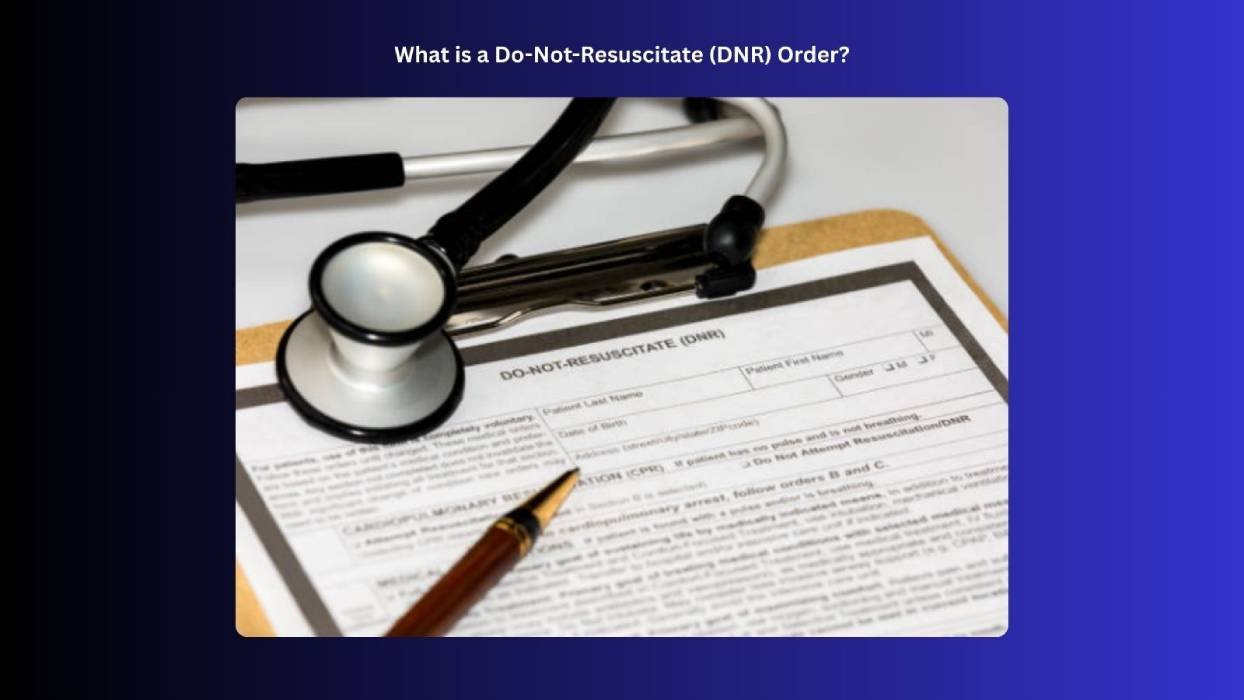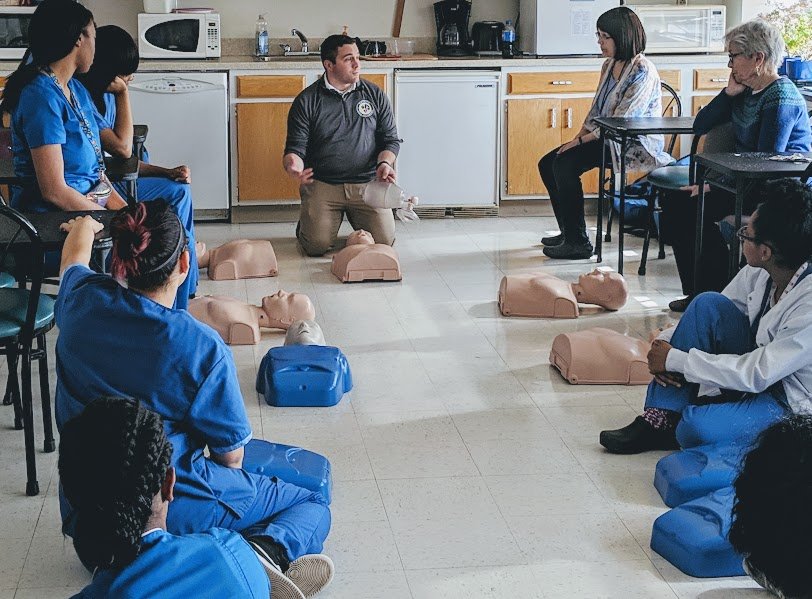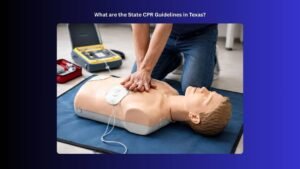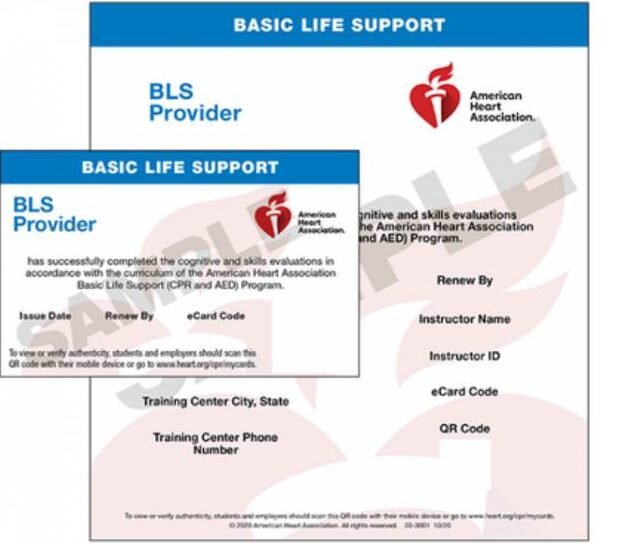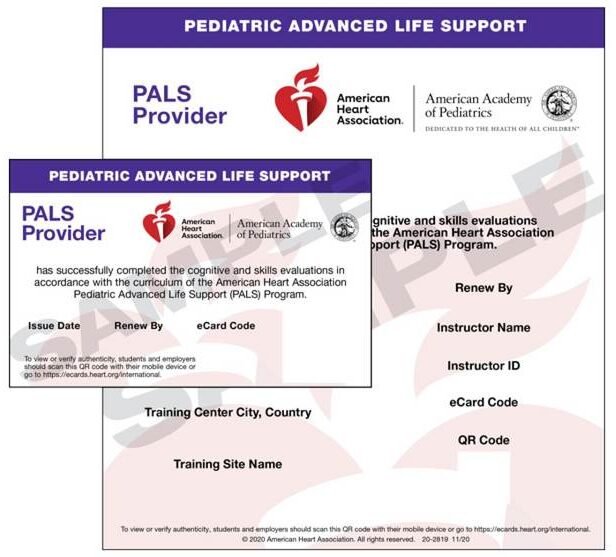A do-not-resuscitate order, often called a DNR, is a specific instruction given by a person or their doctor. It tells medical staff not to perform certain life-saving treatments if the person’s heart stops beating or they stop breathing. This choice is usually made when someone is facing a serious illness or prefers to focus on comfort rather than aggressive medical intervention. It’s a way to respect an individual’s wishes about their healthcare and how they want to be cared for during difficult times.
Types of DNR
There are different types of DNR orders, each with its specific purpose and rules. Let’s look at some common ones to understand what they mean and how they help people make choices about their care.
- Do Not Attempt Resuscitation (DNAR): A Do Not Attempt Resuscitation (DNAR) order means that if a person’s heart stops or they stop breathing, medical staff will not try to restart it. This choice respects the person’s wishes to avoid treatments like CPR that may not improve their quality of life.
- Allow Natural Death (AND): Allow Natural Death, or AND, means letting a person pass away peacefully without trying to restart their heart or help them breathe again. This option focuses on comfort and dignity during the final moments, respecting what the person wants.
- Do Not Intubate (DNI): A Do Not Intubate (DNI) order means medical teams will not place a breathing tube into a person’s windpipe if they have trouble breathing. This choice is made to avoid invasive treatment and focus on keeping the person comfortable.
- Specified DNRs: Specified DNRs are customized orders that outline exactly which life-saving treatments a person wants to accept or avoid. They allow individuals to set clear limits on their care, making sure their wishes are respected in different situations.
- Comfort Care Orders: Comfort Care Orders focus on making sure a person feels as comfortable as possible, especially when they are nearing the end of life. Instead of trying to cure or extend life, these orders prioritize pain relief and emotional support to help the person pass peacefully.
Ethical Perspective: Is DNR good or bad?
Deciding if a DNR is good or bad can be a tough question because it depends a lot on the situation and what someone wants. People see it differently based on their values, beliefs, and what they think is best for the person involved. It’s all about respecting choices and finding a balance between saving a life and honoring a person’s wishes. For example, if an elderly person with serious health problems chooses a DNR, it might help them avoid painful treatments and have peaceful final moments with family. On the other hand, some may feel that every effort should be made to save a life, which shows how personal and sensitive this decision can be.
Legal and Geographic Scope of DNR Orders in the United States
Every state allows DNR orders, but there are differences in state laws. Here are some key points.
- Most states do allow DNR orders and have specific laws and forms for them.
- Some states have their own regulations and guidelines to ensure DNR orders are respected.
- A few states may have restrictions or additional requirements for officially recognizing a DNR.
- It is important to check the laws in your specific state to understand how DNR orders are handled and enforced.
- Overall, DNR orders are widely accepted across the country, but the details can vary from state to state.
Why Is a DNR Order Important?
A do-not-resuscitate order, or DNR, helps make sure a person’s wishes are honored during a medical emergency. It gives families and doctors clear guidance, especially in tough moments when quick decisions matter most.
1. Respects Patients’ Autonomy and Wishes
A DNR order puts the patient’s choices first. It lets people decide what kind of care they want if their heart stops or they stop breathing. This way, their voice stays part of the conversation, even if they can’t speak for themselves. It’s a powerful way to make sure their values and beliefs are honored.
2. Prevents Unnecessary Suffering
A DNR can help avoid painful procedures that may not improve a person’s condition or quality of life. For someone who is seriously ill, aggressive treatment might do more harm than good. Choosing a DNR allows for a gentler, more peaceful approach during the final stages of life.
3. Reduce Family Burden
A DNR can ease the emotional stress families face during a crisis. When wishes are known, loved ones don’t have to make tough choices in the heat of the moment. It brings a sense of peace, knowing they’re honoring what their family member truly wanted.
4. Guide Medical Decision
Having clear instructions in place helps doctors know exactly what to do in a crisis. It allows the medical team to focus on comfort instead of aggressive measures that may not make a difference. This kind of guidance leads to more thoughtful care that truly respects what the patient wants.
5. Promotes Dignified End-of-Life Care
Choosing not to undergo resuscitation can lead to a more peaceful and respectful end-of-life experience. It helps prevent urgent or invasive procedures, allowing someone to pass with comfort and dignity. This decision reflects their values and how they wish to be remembered.
How Are DNR Orders Made?
Making a DNR order involves talking with your doctor and putting your wishes in writing. There are a few helpful forms and documents that make sure your choices are clear and followed.
1. Physician Orders for Life-Sustaining Treatment (POLST)
A POLST form lets people with serious health conditions say what treatments they do or don’t want. A doctor fills it out after talking with the patient, and it becomes a medical order. This form helps guide emergency workers and hospital staff so they know exactly what care to give.
2. Advanced Health Directive
An advanced health directive is a written plan that shares your medical wishes if you can’t speak for yourself. It lets you decide ahead of time what kind of care you want in certain situations. This way, your loved ones and doctors don’t have to guess what’s best for you.
3. A Living Will
A living will is a document where you write down the kind of medical care you want near the end of life. This helps your family and doctors follow your wishes when you’re unable to speak for yourself. Some common treatments are.
- CPR (cardiopulmonary resuscitation)
- Use of a ventilator (breathing machine)
- Feeding tubes for nutrition or fluids
- Dialysis to help your kidneys
- Pain management or comfort care
- Organ or tissue donation
4. Durable Power Of Attorney (DPOA) For Health Care
A durable power of attorney (DPOA) for health care lets you choose someone you trust to make medical decisions for you if you can’t. This person, often called a health care agent or health care representative, speaks on your behalf and follows your wishes. It’s a good way to make sure your voice is still heard when you’re unable to decide for yourself.
Comparing DNR, advance healthcare directive, and POLST
DNR orders, advanced healthcare directives, and POLST forms all help people control their medical care, but they work in different ways. Understanding how each one works can make it easier to choose the right option for your needs.
| Aspect | DNR | Advanced Health Directive | POLST |
| Scope | Specific to resuscitation | Broader Healthcare Wishes | Specific orders regarding treatment |
| Purpose | To refuse CPR and resuscitation | To outline general healthcare preferences | To communicate specific medical orders to providers |
| Content | Instructions not to resuscitate | Overall healthcare preferences | Medical orders for treatments like feeding tubes, ventilation, etc |
Are there situations where healthcare providers might still perform resuscitation despite a DNR order?
Here are situations where healthcare providers might still perform resuscitation despite a DNR order.
- If the DNR order is unclear, missing, or not properly documented at the time of the emergency.
- When the patient’s wishes have changed but the new preferences have not yet been communicated or documented.
- In cases of reversible causes that might temporarily mimic cardiac arrest (e.g., choking or drug overdose) until the situation is clarified. Do you know other Hs and Ts of cardiac arrest?
- If there is doubt about the validity or applicability of the DNR order in the current clinical context.
- When family members or legal representatives request resuscitation despite the DNR order, pending further review.
- If the DNR order applies only to specific situations, and the current event falls outside those parameters.
- When resuscitation is initiated briefly while confirming the presence and details of the DNR order
- In emergency scenarios where immediate action is needed and there is no time to verify the DNR status.
Understanding the Importance of a DNR Order
In short, a Do-Not-Resuscitate (DNR) order is a personal choice that helps people take control of their medical care when facing serious illness or the end of life. It’s not about giving up but about making sure treatments match what someone truly wants. Whether it’s focusing on comfort, avoiding painful procedures, or simply respecting a person’s wishes, DNR orders provide clarity for both patients and medical teams. Since laws and forms can differ depending on where you live, it’s important to talk openly with your doctor and loved ones to make sure your decisions are understood and honored. This way, everyone involved can feel confident that care respects what matters most to you.
Take charge of your emergency readiness today. Bayside CPR offers quick, convenient lifesaving training that fits seamlessly into even the busiest schedules. Complete a short online course, then attend a 30-minute in-person skills session at one of our 60+ locations to earn your AHA Gold Standard certification in ACLS, BLS, PALS, CPR, or First Aid. You’ll leave the same day with your official certification card and the confidence to act when it matters most.
